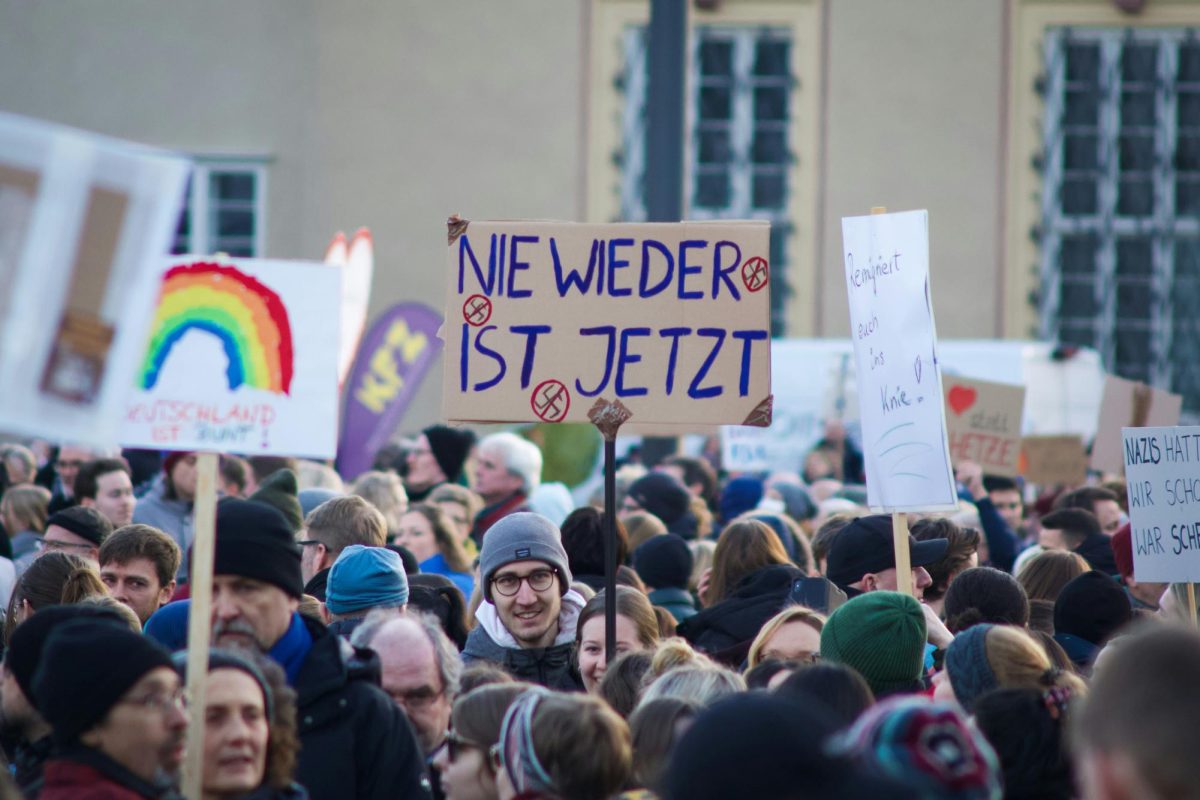The stability within global political systems has undeniably fragmented in the past few months. Germany has not been immune to this turmoil. The unexpected but certainly necessary new elections are due in about 3 weeks, and the country has been holding its breath. Nearly every day a new headline emerges — a politician makes an outrageous statement or announces a new, controversial proposal, leading to backlash in the Bundestag.
It is clear that migration laws have become a vital part of campaigns for various parties, especially after the fatal attacks in the city of Aschaffenburg where the suspect was an asylum-seeker.
Recently, however, the German people feel like time has been turned back. The German parliament recently underwent a stormy session. CDU leader Friedrich Merz proposed a non-binding legislation for tougher border control and asylum regulations, passing with support from the far-right party, Alternative for Germany (AfD). The Conservative leader Friedrich Merz defended his actions as “necessary”, but the current chancellor Olaf Scholz proclaimed his actions to be an “unforgivable mistake”.
On Wednesday the 29th of January, Politico published Merz’s justification in a heated parliamentary debate: “(…) it may be that the AfD will for the first time make it possible for a necessary law to be passed,” and continued with, “But ladies and gentlemen, we are faced with the choice of continuing to watch helplessly as people in our country are threatened, injured and murdered,” finishing by saying “or to stand up and do what is indisputably necessary in this matter.”.
Isabelle Borucki, a political scientist at the University of Marburg, described the situation in an email to Courthouse News Service, as a “historic moment”, stating: “We have witnessed a historic moment this week when the so-called ‘Brandmauer’ [Firewall] fell,”. Since the end of World War II, there has been an agreement regarding the extraction of right-extremist parties, and refusing to cooperate with them. Therefore, the vote on the 29th marks a major shift in the dynamics of the German political system. With his proposal, Friedrich Merz could be seen as inadvertently legitimising and inviting the collaboration between the conservatives and the far right.
The reason the “Brandmauer” remains so vital for the maintenance of diplomacy in German politics, is due to the unforgettable history. German mainstream party leaders remain aware that Adolf Hitlers power grasp was initially through democratic elections, with conservatives playing a role in legitimising the Nazis by forming coalition governments with them; first in the eastern state of Thuringia and later on national level.
The hypothetical erosion of political firewalls has been going on all around Europe as growing successes of far right parties have been found in Italy, Austria, and the Netherlands. However, the larger question remains: Is this shift rooted within a symptom of political pragmatism or in a crisis of democratic integrity?
As migration politics become increasingly more important for the average voter, we are constantly asking ourselves: Are stricter asylum policies necessary to uphold stability in an increasingly globalised and conflict-stricken world? Or, is this a historical warning — does Europe need to learn from history to avoid repeating past mistakes?











